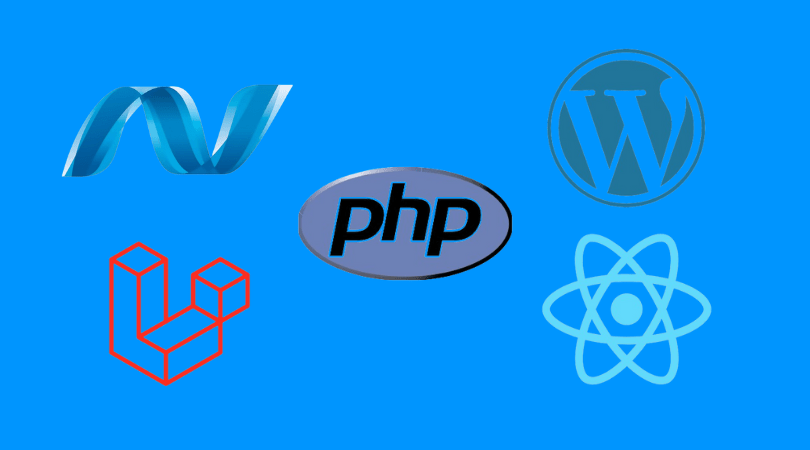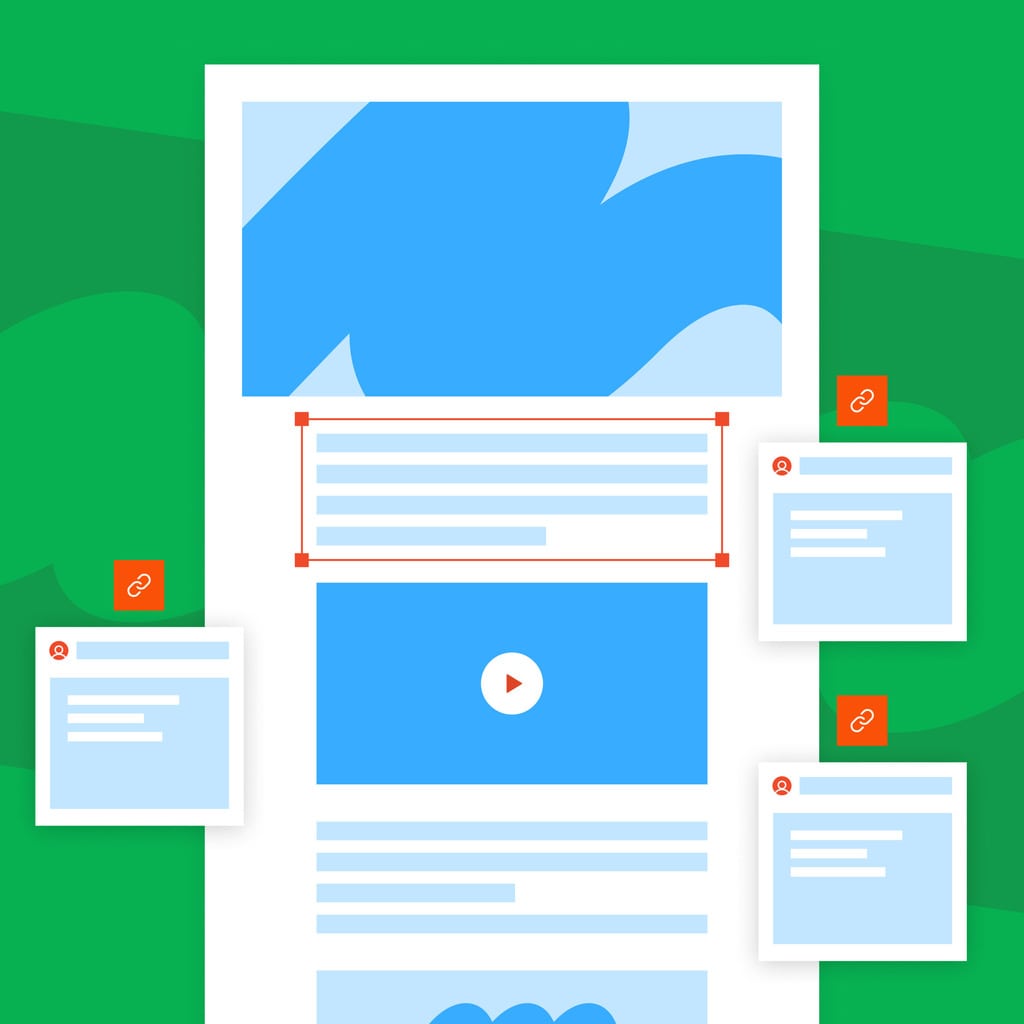Web app development platforms have become essential tools, not just in the digital world, but in the realm of business in general. They enhance efficiency, drive growth, and provide customers with more streamlined and intuitive digital solutions.
Web app platforms enable online businesses to offer interactive services, and streamline their workflows while engaging with global audiences. Still, finding the best web application platform that suits the needs and requirements of a given business may be challenging.
Truth be told, there are several traditional and mobile application development platforms out there, each with its potential strengths and weaknesses, and in this blog post, we’ll highlight some of the best web application development platforms out there that offer the most customizability, features, ease of use, and above all, user-friendliness.
A Brief History of Web App Platforms
Before we list out our favorite platforms, let us address web application development in a nutshell, and what makes them different from traditional websites and web development.
Defining a Web App
Web applications, or simply web apps are dynamic software that function via web browsers. They offer personalized and interactive user experiences, designed to carry out specific functions and engage users by delivering real-time content and input responses. This is what makes them different from static web pages, which always remain stationary.
Typically the accessibility and the online presence of websites and web apps are the same, their fundamental differences can be found in their capabilities and purposes. In most cases, websites are mostly information with limited interactivity, such as clicking on links to open more pages. In these static platforms, you usually view/read the content.
On the other hand, web apps serve as interactive tools that encourage the user to put in data, engage with the app, and get dynamic outputs. They changed the face of modern development, and introduced important (but now commonplace) changes such as social media, online banking, and eCommerce.
Throughout the years, these applications have undergone massive transformations. Apart from constantly adding new functionality to their roster, different development approaches have also emerged. Today, we have traditional coding approaches, along with no-code and low-code platforms, which make the development process easier for less tech-savvy people by offering drag-and-drop components, and pre-built templates.
While these features make development more “accessible to the masses,” they often fall short when compared to traditional coding approaches regarding customizability.

Choosing The Best Web Application Development Platform: Criteria
Whether you are looking for the best mobile application development platform or something for a traditional browser-based project, you should consider several things before making a final decision as it can have a massive effect on the overall success of the project.
The fact that you have a wide palette of options available can make the decision-making process even more daunting. As such, here are a few essential considerations that can help you in the selection process:
- Ease of Use: The platform you opt for should have a user-friendly interface. Having an intuitive platform to work with will speed up the development process for experts. Also, consider whether the final product (the app) will be able to sport good UI and UX features as well, as it will play a major role in achieving optimal performance metrics across the board.
- Cost-Effectiveness: The costs of web app development will vary greatly based on different factors, but you should consider long-term value. Address the upfront investment and assess the potential cost of updates and ongoing maintenance. Decide on a platform that aligns with your budget and your long-term growth goals.
- Scalability: You must choose a development platform that will be able to follow the pace of your growing business needs. A scalable platform won’t cause any problems when new features are added or when the app needs to address larger traffic.
- Security: The platform you opt for should also comply with industry security standards and offer a myriad of security features such as two-step authentication or encryption. Using a secure and reliable platform can help you build more trust between you and your visitors, and can save you from possible reputational and financial damages resulting from data breaches.
- Support: Having either a committed customer support team or a strong community behind a platform makes getting through obstacles a lot faster. Always look at whether the platform you plan on using has a strong online community behind it – with detailed documentation and customer support readily available to help.
Best Web Application Development Platforms
So, without further ado, here are some of the best platforms for modern application development from the perspective of our working experience.

PHP Development
PHP stands as a stalwart in web development, offering unparalleled versatility and flexibility. It is a dynamic platform that allows developers to create feature-rich applications tailored to specific business needs. From eCommerce platforms to content management systems, PHP powers a vast number of web applications, making it a solid choice for developers and businesses alike.
The open-source nature of the platform makes it a budget-friendly option for developers, as running code, databases, debugging tools, and frameworks are all free, with robust and ready-to-help community support. Additionally, the extensive library of pre-written code can be used to streamline projects and boost performance.
While PHP is great for building web apps, it can fall short when you want to use it for a more extensive project that incorporates other tech, like big data, AI, or machine learning. Core behavior also can’t be modified which may lead to some restraints in development in a small number of cases.
Laravel Development
Laravel, known for its elegant syntax and developer-friendly approach, has emerged as a favorite among developers for building secure and scalable web applications. Its robust framework streamlines the development process, enabling rapid prototyping and efficient code management. With Laravel, developers can create sophisticated web applications with ease, making it an excellent choice for projects of any scale.
Laravel uses the MVC (Model-View-Controller) architecture, which makes learning it rather intuitive. It also comes with comprehensive documentation and a helpful community. The framework also comes with a myriad of built-in features such as caching, authorization, routing, and authentication, all speeding up the development process.
Even though the MVC model is easy to grasp, there is a learning curve to the platform, especially when a project requires the use of more advanced features. Also, the built-in features may create some performance overhead, which shouldn’t be a problem in most cases.
.NET Development
The .NET framework offers unmatched power and performance, making it an ideal choice for developing enterprise-grade web applications. With seamless integration capabilities, .NET enables developers to build robust and scalable solutions that seamlessly integrate with existing enterprise ecosystems.
.Net offers a rich development environment, cross-platform development, and language versatility, which can speed up the development cycle considerably. The platform also offers unparalleled performance and scalability, with great reliability and enhanced security.
Unfortunately, this web app development platform is also known to have a steeper learning curve, and developers may encounter unplanned costs, especially for .Net-related components and tools, despite the platform itself being free.
React JS Development
React JS has revolutionized the way we build web applications, offering a component-based approach that enhances code reusability and maintainability. With React JS, developers can craft interactive and responsive applications that deliver exceptional user experiences across devices.
React comes with a component-based architecture that makes scalability and collaborative functionality easy. Development with React also allows for better customization and its architecture and development environment allow for the integration of advanced technologies such as machine learning.
On the possible downside, integrating React into these technologies can be a bit complex, along with learning to use the platform proficiently, as it does have a steeper learning curve. Also, React misses the “Model” and “Controller” parts of frameworks in a traditional sense, which can lead to a more disorganized code structure in rare cases.
WordPress Development
WordPress, revered for its simplicity and flexibility, remains a dominant force in web development, particularly for content-driven websites and applications. Its intuitive interface and extensive plugin ecosystem make it easy to customize and extend, empowering developers to create tailored solutions that meet unique requirements.
WordPress is a beginner-friendly platform that’s easy to get started with and the myriad of plugins and themes make adding functionality even easier. It can also be used to build almost any type of site, that’s more or less responsive and SEO-friendly by default.
Conversely, there might be too many paths to take with WordPress, which can cause unnecessary headaches for beginners. Keeping up with regular updates should also be a concern for developers and site owners to keep functionality and security up to par.
The Takeaway
Essentially, finding the best platform for web app development boils down to finding a solution that aligns with your digital needs and budget. A good development platform will enable you to create and operate a website that enables you to grow your online presence, drive more business, and improve your bottom line. All while engaging your visitors and offering them solutions that make their everyday tasks easier.





